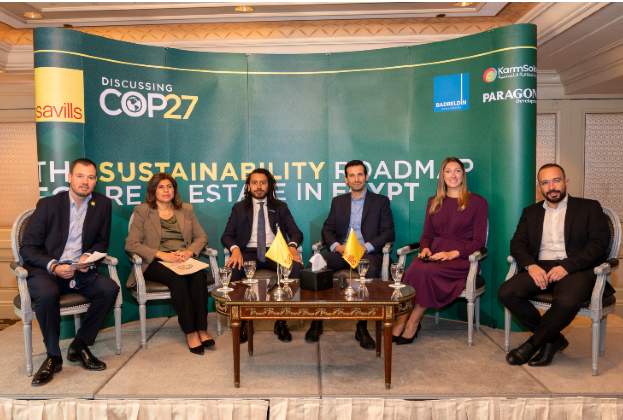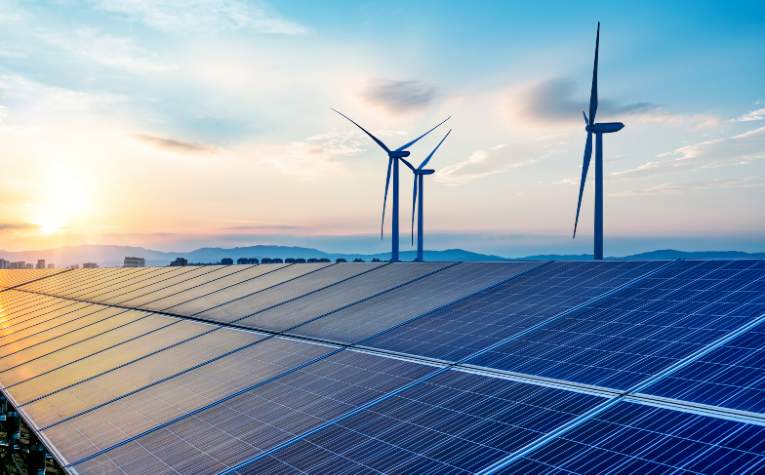First, it was the COVID-related production and supply disruption and then came the Russia-Ukraine war. Both these events have sent global crude oil prices racing north, merely two years after they hit multi-year lows.
The recent visit by US President Joe Biden to Saudi Arabia to broker an increase in oil production only further highlights the continued importance of black gold for economic growth.
For Arabian Gulf countries, many of which are part of the OPEC bloc, high oil prices catalyze economic growth, while globally, the countries dependent on oil imports have to shell out more funds.
For the Gulf Cooperation Council, increasing oil prices helps generate significant revenues, which are further deployed into building a country’s reserves, making investments or spending on infrastructure development.
In the Kingdom, the majority state-owned oil company Saudi Aramco is the single-largest oil producer in the world, with the country responsible for around 17 percent of the world’s proven petroleum reserves.
As one of the top OPEC member countries with the highest contributions, the Kingdom’s economy has grown significantly in tandem with oil prices in recent months. In the first quarter of 2022, for example, the Kingdom recorded 9.9 percent growth, its highest in a decade, boosted by high oil prices.
However, high energy prices stoke inflation, impacting all industries from retail to real estate, as all areas of manufacturing and the supply chain are affected.
It pushed up the cost of raw materials such as rubber, plastic and chemicals, some of the most basic materials used in construction. Developers might, in turn, pass on these costs to consumers in case of new property sales.
How is this expected to play out in the Kingdom?
With a population of 33 million, the largest within the GCC, it has the most significant demand for new housing units, with almost 4 million projected for 2022.
This demand is expected to rise in a dynamic, rich and young nation, with population growth only set to increase in the coming years.
Developers are working closely with the government to meet this staggering demand in the capital projected by the Riyadh Strategy blueprint, which expects the city’s population to reach 15 million to 20 million and tourists to touch 40 million by 2030.
To tame inflation, central banks worldwide aim to restrict liquidity and curb spending, and they do this by raising interest rates. As a result, credit becomes more expensive, including mortgages to finance home purchases, which can impact property demand.
In times like these, developers may roll out payment plans to entice buyers who might hesitate in a tight credit environment. In the Kingdom, however, inflation is currently in the low single digits, which should help cushion it against major demand-side shocks.
We have also seen that the pandemic triggered people to look for bigger living spaces. As a result, many of them were able to upgrade, helped by factors like easy access to cheap credit and savings they garnered ever since the onset of the pandemic.
However, all this is about to change. Globally, sectors such as real estate, which may have somewhat overheated recently, will start to cool off.
The case may be different in the Kingdom. For example, the Kingdom’s Housing Program was created in 2018 to enable Saudi families to purchase houses based on their personal needs and financial capabilities.
The country benefits from the decreased oil supply competition, and the economy continues to thrive with this extra capital. As the positive sentiment flows through to consumer spending, the Housing Program will resume its efforts to increase the percentage of Saudi families owning houses to 70 percent by 2030 from 60 percent in 2020.
If we take an international view, for economies that might be overly reliant on sectors such as real estate, these might start to look like challenging times.
But, on the other hand, countries such as the Kingdom have also simultaneously made every effort to diversify away from sectors they were heavily reliant on, namely, hydrocarbons, especially after the 2014 oil price decline. Creating giga-cities that aim to attract millions in population and offer unseen touristic and lifestyle offerings is a step in that direction, as are other elements of the Vision 2030 plan.
With the current windfall of oil price gains and a non-oil economy strengthening simultaneously, it is a win-win for the Kingdom.
This article originally appeared in Arab News.
.jpg)

-(1)(1)(1).jpg)

.jpg)


.jpg)

